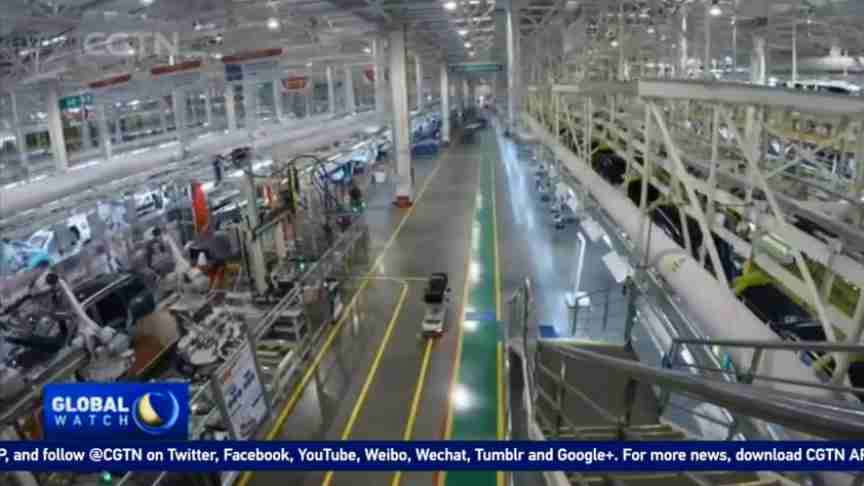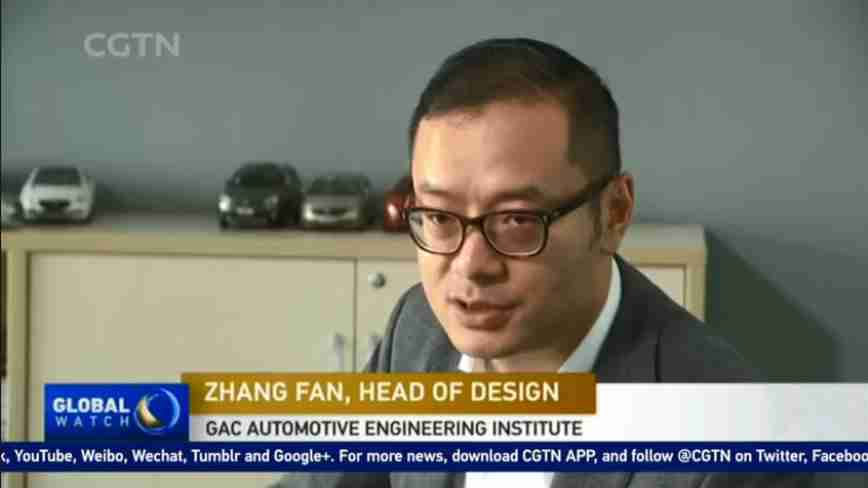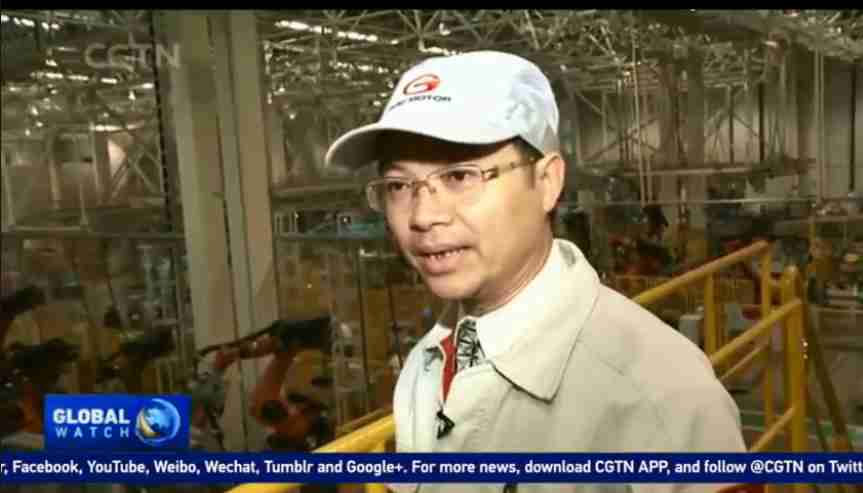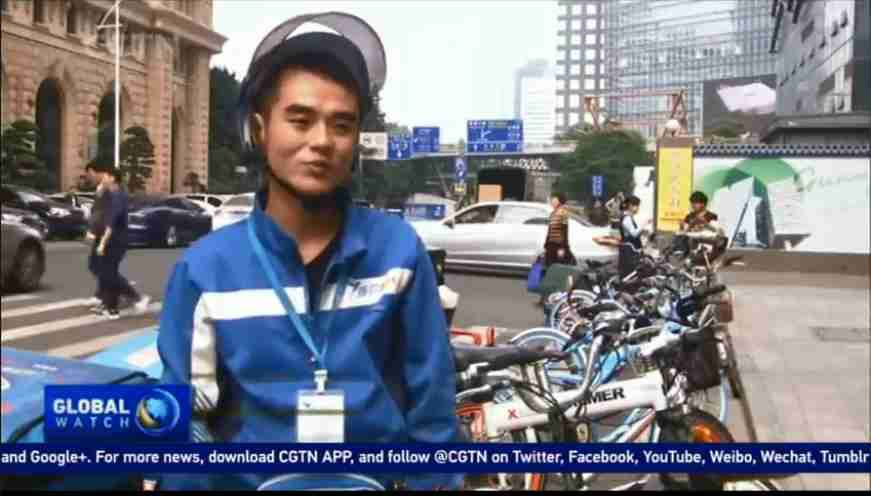
Business
17:27, 02-Jan-2017
Tech revolution opens new opportunities for Chinese workers
Updated
10:30, 28-Jun-2018

China's huge economic growth in the 1980s and 1990s was partly fueled by a huge manufacturing boom that produced low-priced goods for export.
But with wages now rising in China and a growing middle-class demanding high quality goods and services, the model has been changing rapidly.
And as Chinese factories produce more valuable goods using more technology, former factory workers are finding jobs in other sectors.
When it comes to the future of Chinese manufacturing, it could well be the automotive sector.
For example, Trumpchi, a SUV brand owned by Guangzhou Automobile Group Motor Company (GAC Motor). Trumpchi is doing very well in China, and is now poised to take on the global market.
Trumpchi has a boxy look with sleek modern lines and an engine that feels like a US or European SUV - that’s no accident.
It was designed by Zhang Fan, the head of design at GAC Motor. He returned to China after eight years with Mercedes, where he helped design some of their sleekest models. Zhang built a young, dynamic design team at GAC, and their job is an ambitious one.

CGTN
CGTN
"The mission for Trumpchi is to become the first internationally-renowned Chinese brand. Being a Chinese designer, my mission is to design a Chinese car for a Chinese brand. It maybe sounds a bit nationalistic, but I think there is nothing wrong with it," he said.
That pride in the product is evident in the factory too.
Deputy general manager at GAC, Liang Weibiao, said: "We are using advanced technologies to raise efficiency. Now more working hands get freed from labor thanks to China’s efforts in pushing forward the modernization of manufacturing."

CGTN
CGTN
The main workers at GAC are robots, not humans. Far from China stealing US manufacturing jobs, GAC is using automation technology to improve quality and efficiency - more cars, fewer workers. One facility has gone from producing 200 cars per shift to over 400, and the next target is to double that again.
Away from the automotive sector, CGTN also interviewed Xiao Xiao, a food delivery man for fast-growing app Ele.me.
Xiao Xiao used to work with his hands in a factory - repetitive grueling 12-hour shifts. Now he’s earning twice as much literally feeding China’s burgeoning consumer class.

CGTN
CGTN
Xiao Xiao now uses his wits to cut delivery times to customers. He works out the fastest routes, cooking times at restaurants - he even knows how long elevators take across the city. His ingenuity has already made him the coordinator of other drivers and he sees a bright future away from the factory floor.
“I like this job. It lets me be free and have more time to do what I love to do.”
People like Xiao Xiao are much more likely now to have a job delivering to the millions of new Chinese consumers than in a factory building stuff for export. For this generation, it's opening up a whole new road of opportunities.

SITEMAP
Copyright © 2018 CGTN. Beijing ICP prepared NO.16065310-3
Copyright © 2018 CGTN. Beijing ICP prepared NO.16065310-3